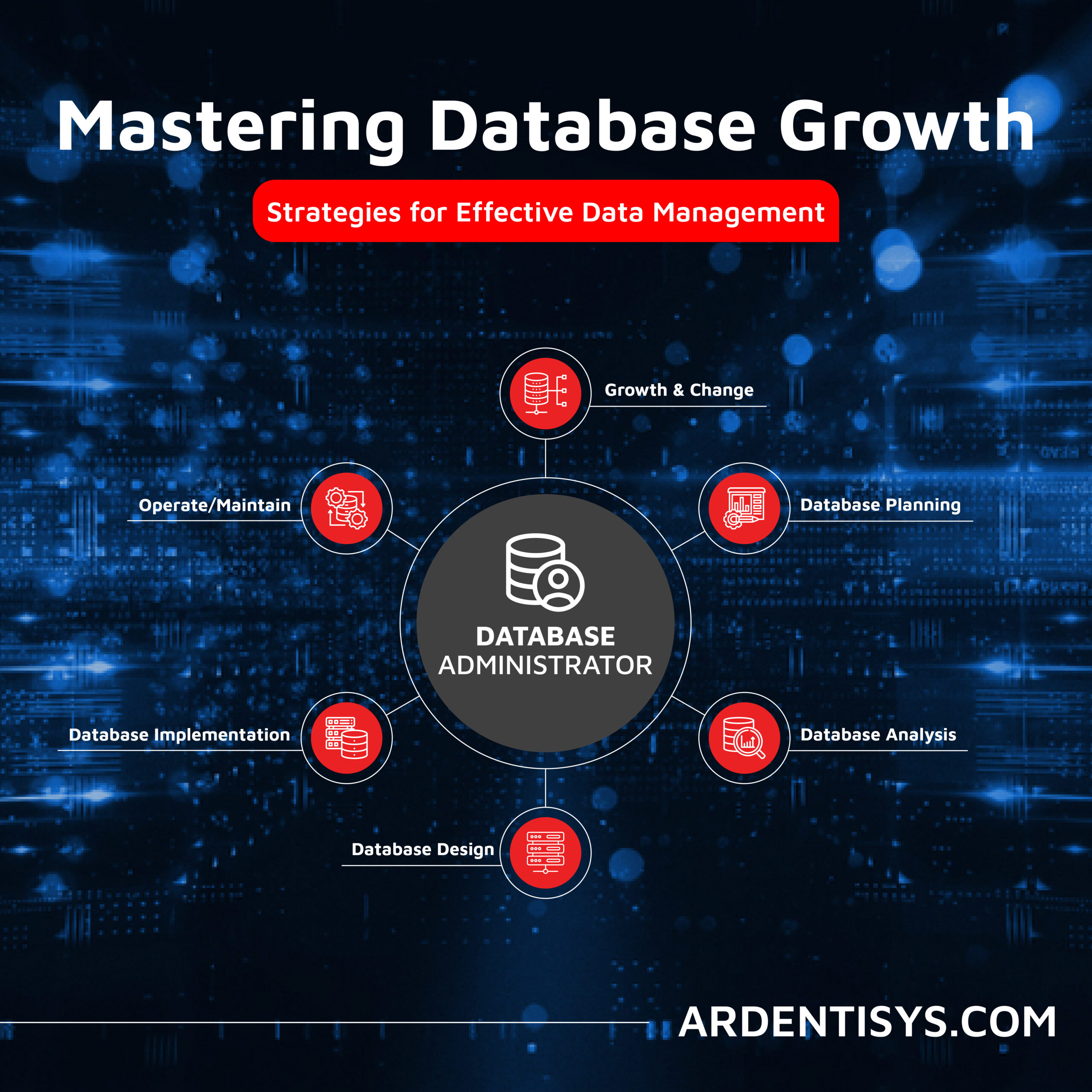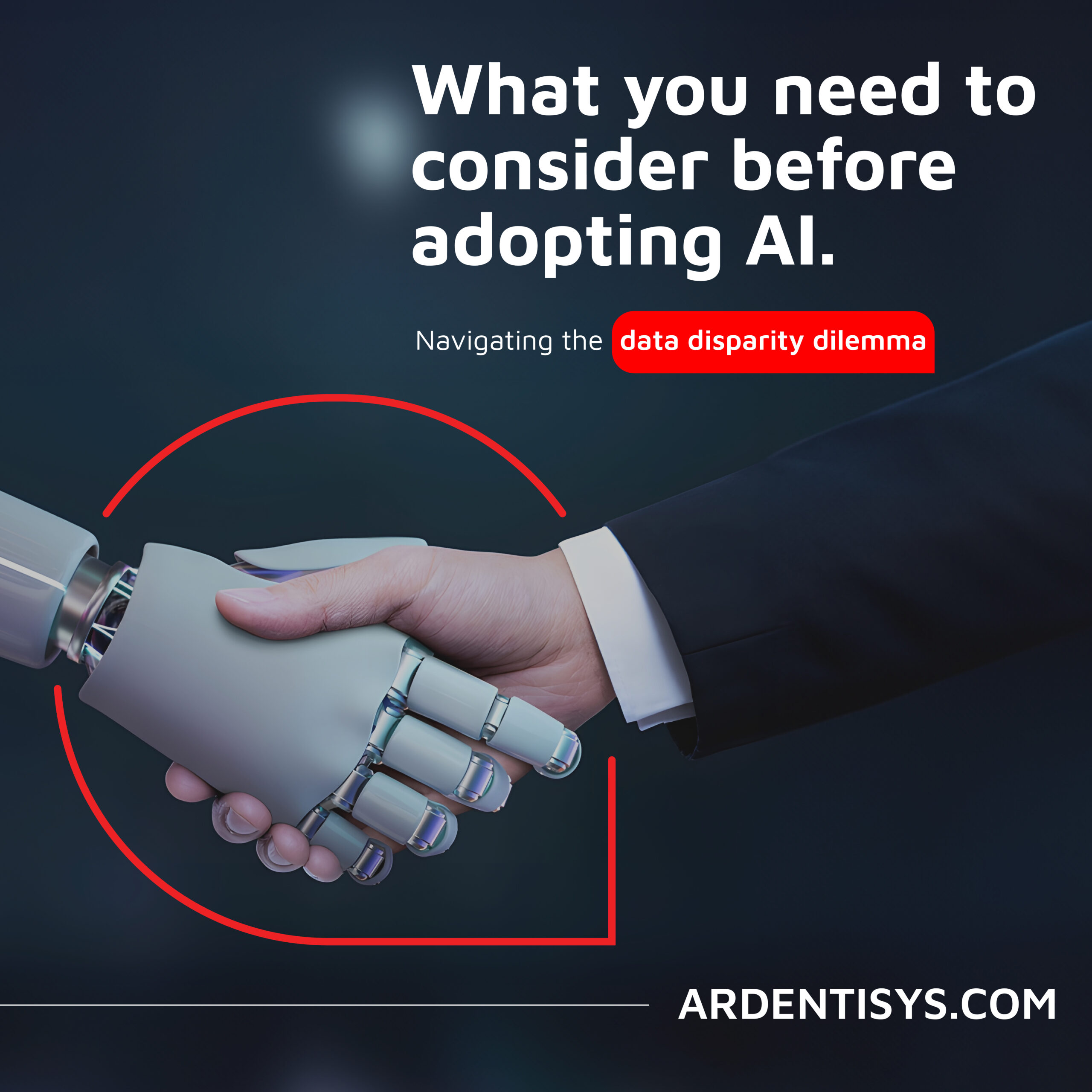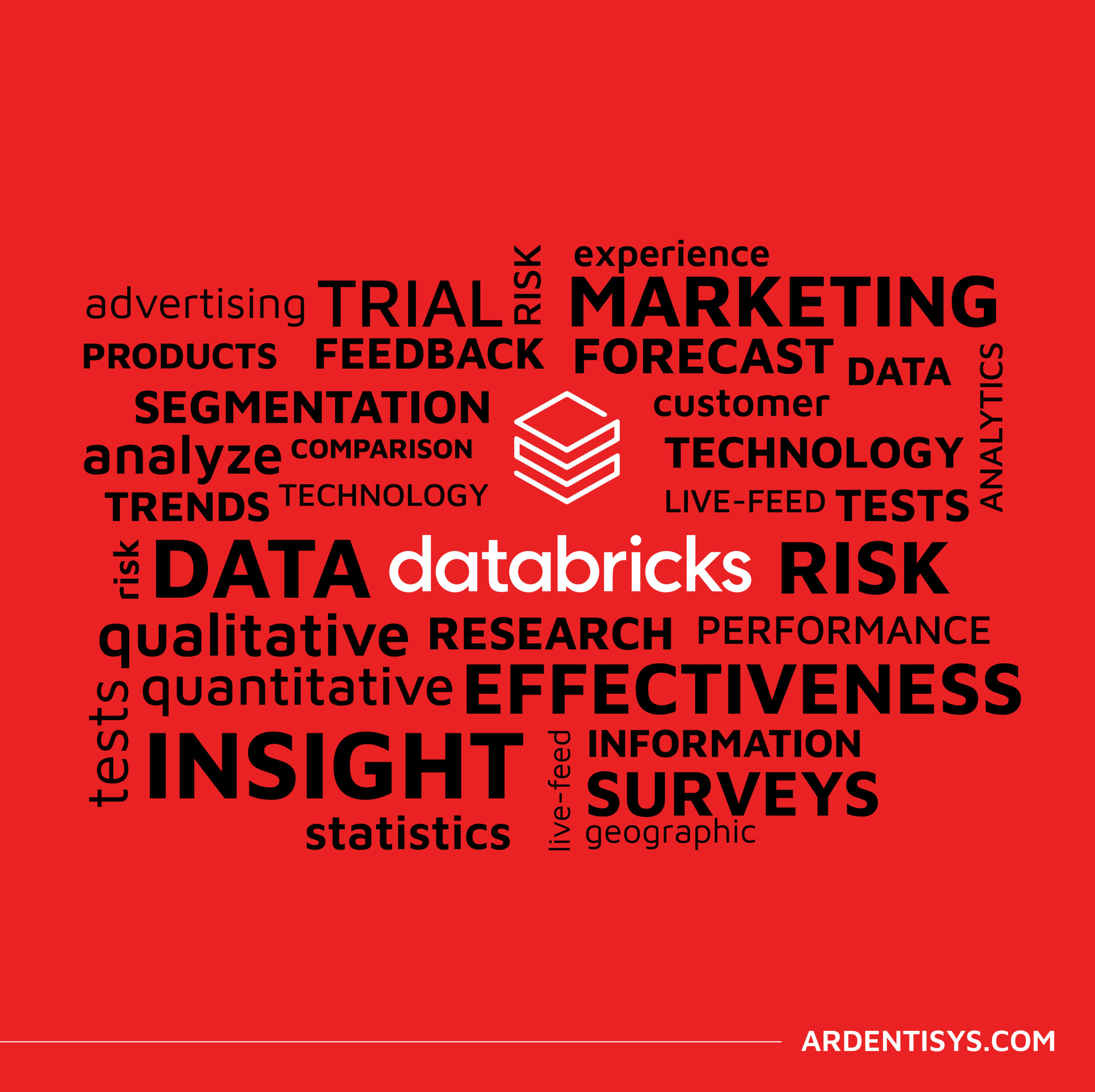Cross-platform development – how to get it right
9 February 2023 | Noor Khan

Cross-platform applications have traditionally been seen to be more complex and involved to create or develop, due to the necessity of building a program that does not just work on multiple platforms, but is reliable, stable, and updateable.
Not every app development is suited for cross-platform development, and the structure of the project should be carefully assessed before work commences.
Pros and cons of cross-platform development
Deciding on whether to stay on one platform (native) or to take a cross-platform approach is a decision that needs to be made fairly early on in the project, in order to make the best use of the resources and structure available.
Some of the reasons for and against choosing cross-platform software include:
Pros
- Faster time to market for the deliverable - With typically 70% to 90% of code being reusable across different platforms, completion of multiple versions is speedier than creating a single native structure and then retrospectively redeveloping it for other OS.
- Standard web technologies can be utilised to further extend the app availability - Because coding language and software such as HTML5 and CSS are used on the web, and are not platform specific, any apps developed using these structures can be easily converted into a web-based app as well.
- Cost effective way of deploying on multiple platforms - By creating an app as a cross-platform development (rather than as a native program that later has to be converted), there are no extensive extra investments, and the total project cost to reach all the platforms can be as much as 80% less than coming back to it later.
- Wider user-base - Because more devices and OS are able to support cross-platform apps, the software can be made widely available, across multiple devices, and with a wider audience reach.
Cons
- Performance quality may be reduced - Because the app has to deal with multiple OS and functional differences, the program may not be as reliable or easily maintainable as a native development which can focus specifically on one platform.
- Background processing is generally unavailable - Most platforms and processes cannot support background processing for cross-platform applications.
- UI/UX consistency is reduced - Compared to native applications, there are sometimes issues with UI/UX consistency and a lag in the application.
Making a cross-platform app: the best technology to use
When it comes to choosing the technology, coding language, and approach for your cross-platform app development, the most commonly used technologies include:
- Xamarin – Allowing for development in non-OS-specific languages (such as Swift or Java), this platform is generally considered to be one of the main and most highly rated cross-platform build development tools.
- Flutter - With a wide range of features and frameworks to create high quality apps that work with custom UI elements, Flutter apps are supported across cross-platform developments.
Read more about Xamarin Vs Flutter and choosing the one right for your mobile app development.
Other platforms, such as HTML5 and JavaScript are useful for creating mobile apps, as they are often cheaper and easier to handle with the software and utilise coding languages that are widely used on iOS and Android, which make them accessible for cross-platform development.
An alternative to cross-platform development
Outside of cross-platform development, the main approach for app development is to go ‘native’, in other words, to focus solely on one OS. Find out what is right for you, cross platform or native.
Take a careful look at your project, the realistic needs of the program design and app development requirements – determining how well these are supported will help you to identify whether you should be using a cross-platform approach, or staying native.
Ardent, mobile app development service
We have worked with clients across a variety of industries to help bring their vision to life. Explore our mobile app development success stories:
- Automating warehouse management with an easy to use mobile app
- Highly engaging mobile app packed with gamification features to gain life changing insights for a research driven pharmaceutical company
- Easy to use, engaging mobile survey app for a leading market research firm
If you are looking for a highly reliable, credible mobile app development company with a proven track record of success, get in touch to get started.
Ardent Insights

Overcoming Data Administration Challenges and Strategies for Effective Data Management
Businesses face significant challenges to continuously manage and optimise their databases, extract valuable information from them, and then to share and report the insights gained from ongoing analysis of the data. As data continues to grow exponentially, they must address key issues to unlock the full potential of their data asset across the whole business. [...]
Read More... from Cross-platform development – how to get it right

Are you considering AI adoption? We summarise our learnings, do’s and don’ts from our engagements with leading clients.
How Ardent can help you prepare your data for AI success Data is at the core of any business striving to adopt AI. It has become the lifeblood of enterprises, powering insights and innovations that drive better decision making and competitive advantages. As the amount of data generated proliferates across many sectors, the allure of [...]
Read More... from Cross-platform development – how to get it right

Why the Market Research sector is taking note of Databricks Data Lakehouse.
Overcoming Market Research Challenges For Market Research agencies, Organisations and Brands exploring insights across markets and customers, the traditional research model of bidding for a blend of large-scale qualitative and quantitative data collection processes is losing appeal to a more value-driven, granular, real-time targeted approach to understanding consumer behaviour, more regular insights engagement and more [...]
Read More... from Cross-platform development – how to get it right






